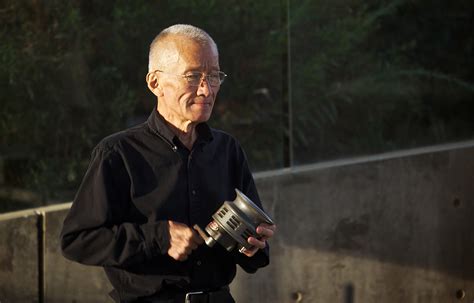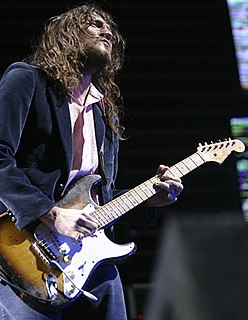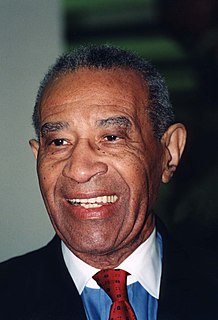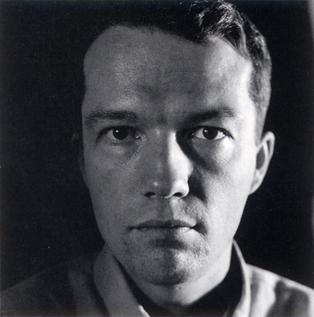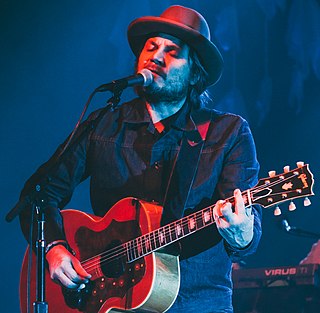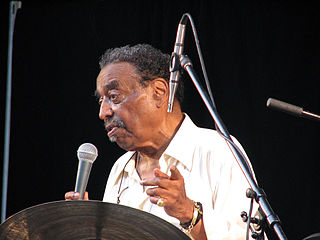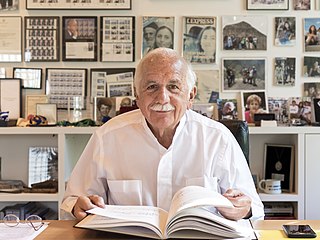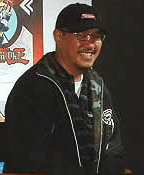A Quote by Yoshi Wada
For a long time in the 1970s, I was experimenting to build musical instruments and use them. I did a lot of ethnic music studies and other things, like electronic music. Making homemade musical instruments and performing was my major activity from the time.
Related Quotes
Growing up in the Libya of the 1970s, I remember the prevalence of local bands who were as much influenced by Arabic musical traditions as by the Rolling Stones or the Beatles. But the project of 'Arabisation' soon got to them, too, and western musical instruments were declared forbidden as 'instruments of imperialism.'
Initially, when I was making the bagpipes and reed instruments, it was different from the other instruments. In terms of sound itself, it may not be different, but in performing with it, it was a necessity to build it if I was going to perform and make scores with it. By making the instruments, it helped me compose the way I want.
The major rock instruments and classical instruments were designed for performance, for sharing the music with an audience, and then later people put microphones on them and recorded them. But for electronic music, the opposite was true - they're designed in laboratories, and later, we tried to put them on stage.
At that time, 73 and 74, I became aware that there were a number of us making instruments. Max Eastley was a good friend and he was making instruments, Paul Burwell and I were making instruments, Evan Parker was making instruments, and we knew Hugh Davies, who was a real pioneer of these amplified instruments.
I used to take musical instruments home from elementary school. There were some music teachers there - we all learned instruments. A lot of us got started in public schools. Charlie Parker and Bud Powell, for example. But now there are no more music teachers in public elementary schools. It's like (Senator) Moynihan said, 'benign neglect.' Just let it rot and fester.
In history, in most cultures, and at most points in time, if you want to find the most advanced technologies, you can look principally in two places. One is weapons and the other is musical instruments. My hypothesis is that instruments are usually ahead of weapons. In fact, I think you can find many examples of instruments being predecessors of weapons and very few in the reverse.
I think there's a huge parallel that affects my musical taste, and connections that have to do with my ethnic diversity and my musical tastes and the diversity of that. And it's interesting that, growing up on the circuit, it posed such a challenge, not only to me deciding what my identity was amongst my peers, but then on the music side, it was like trying to explain or convince people especially in the music industry that there was a place for what I was trying to do. But at the same time, I think it has a lot to do with timing and even me, like, understanding it.
